General Principles for a Generalized Idea Garden
- 01/04/2017
- Journal of Visual Languages and Computing (JVLC), 51-65
I am a well-versed user experience designer and researcher skilled at finding UX problems, uncovering user needs, designing solutions, and shaping product decisions. With my academic training in scientific research, both qualitative and quantitative, I pride myself on instilling the rigor of science into practical user experience design.

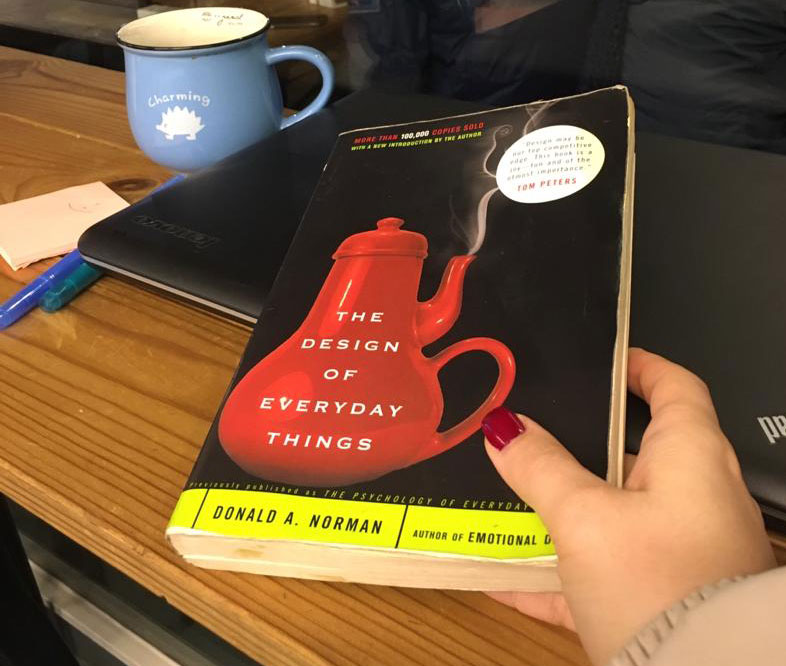
Degree
Master's in Human-Computer InteractionCurrent Position
Designing how users experience products from A to Z is something that I love doing!
I am here to help with evaluating the UX of products and coming up with suggestions for improvement!
Guiding those passionate in the field of design is fun!
Dec 2024 - Dec 2025
Toronto, Canada
Royal Bank of Canada (RBC)
Aug 2024 - Nov 2024
Toronto, Canada
Loblaw Digital
May 2023 - May 2024
Toronto, Canada
Sun Life Financial
June 2021 - May 2023
Toronto, Canada
Canadian Imperial Bank of Commerce (CIBC)
Feb. 2020 - Feb. 2021
Securities and Exchange Organization
Feb. 2019 - Feb. 2021
Sematec Professional IT Training Center, Docent Academy
Dec. 2018 - Feb. 2020
Freelancer
Feb. 2017 - May 2019
MTN Irancell (a telecommunication operator with more than 38 million subscribers)
Nov. 2014 - Jan. 2017
Mobile Telecommunication Company Of Iran (MCI) (a telecommunication operator with more than 65 million subscribers)
Sep. 2011 - June 2014
Oregon State University
2011 - 2014
Novel Approaches to Promoting End-User Programming
Corvallis, Oregon, US
Oregon State University
2003 - 2008
The Design and Implementation of a Computerized Maintenance Management System
Tehran, Iran
Shahid Beheshti University

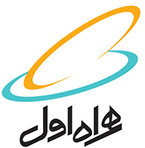
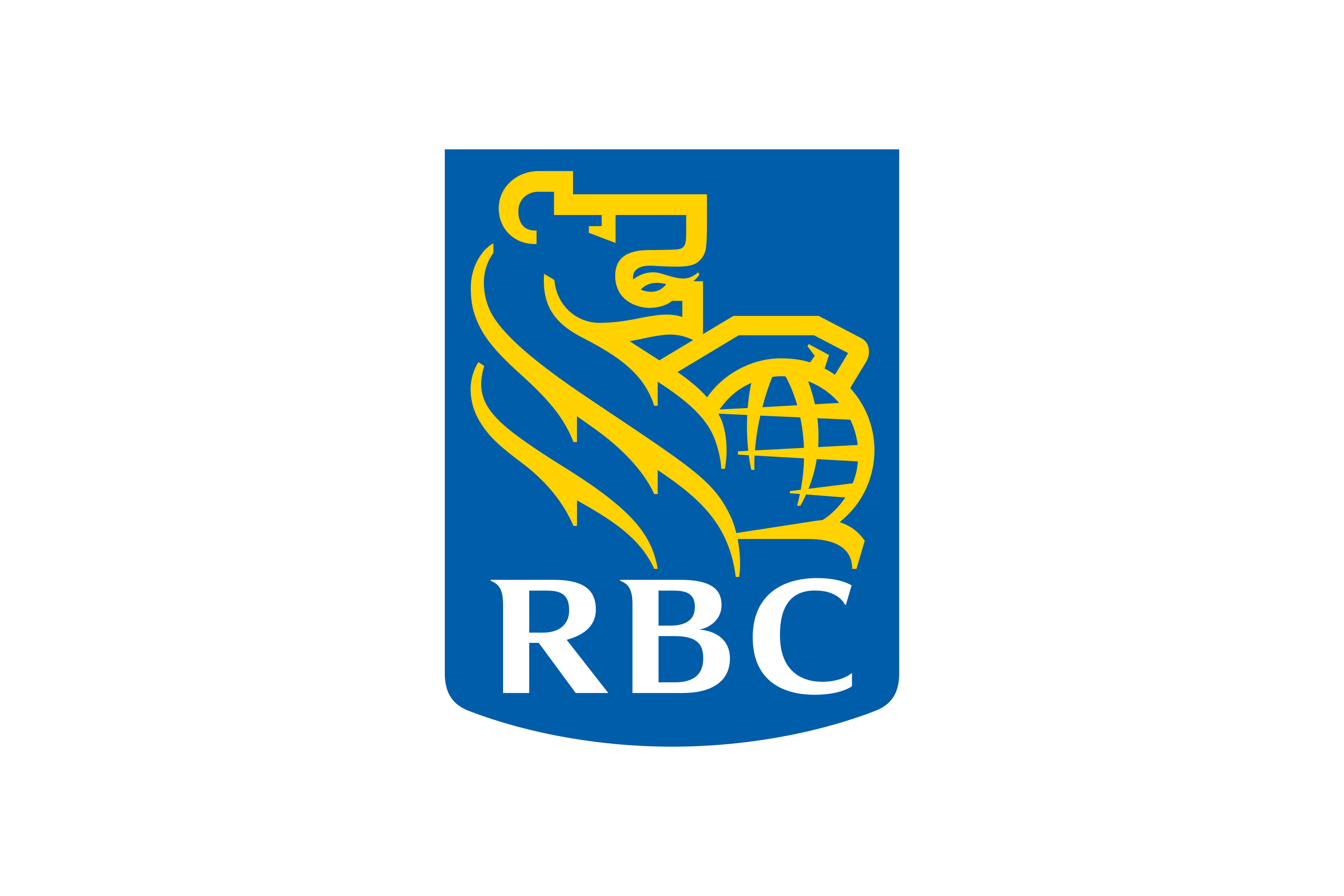
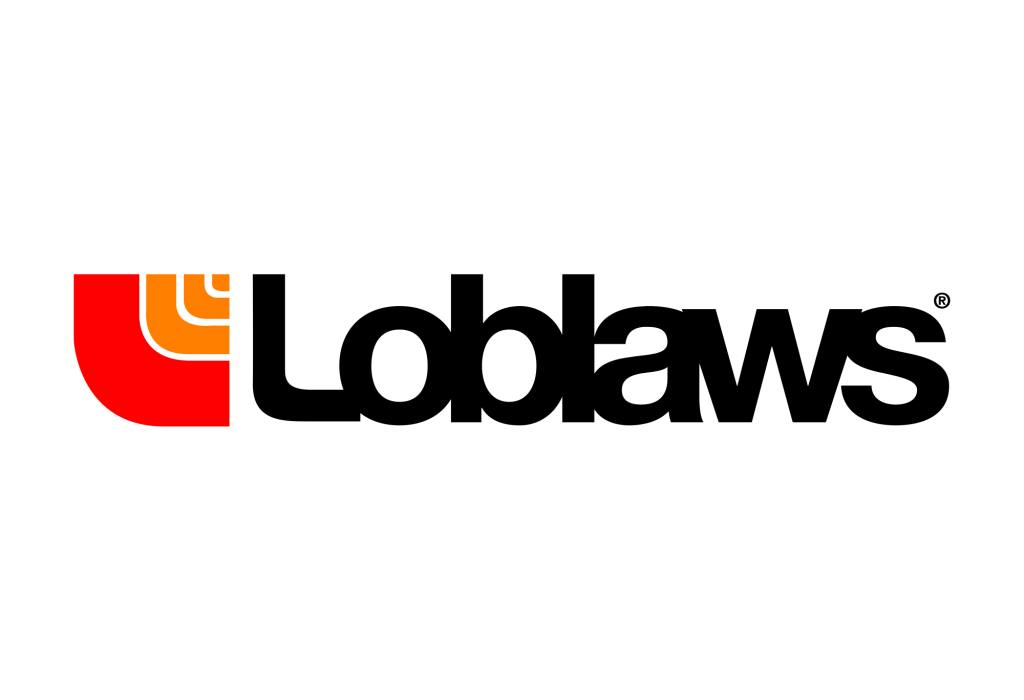

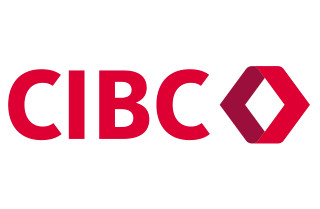




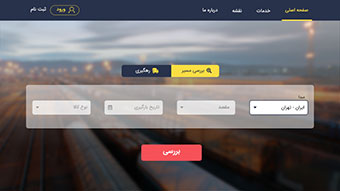
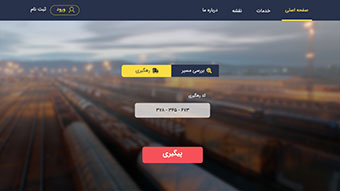
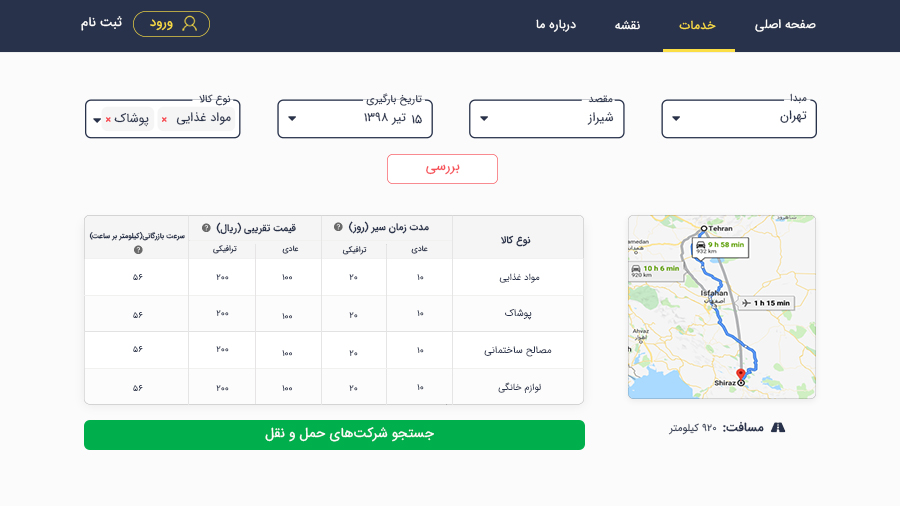
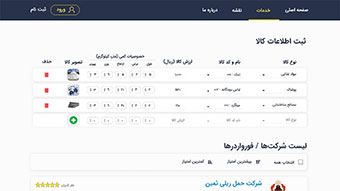
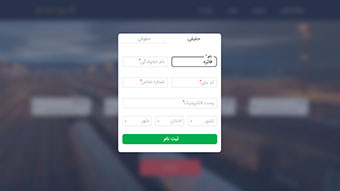
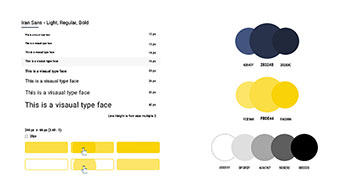
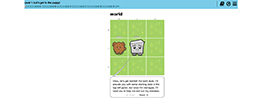

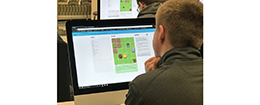
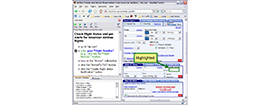
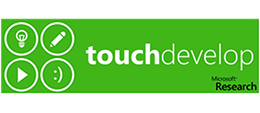
Copyright © 2020